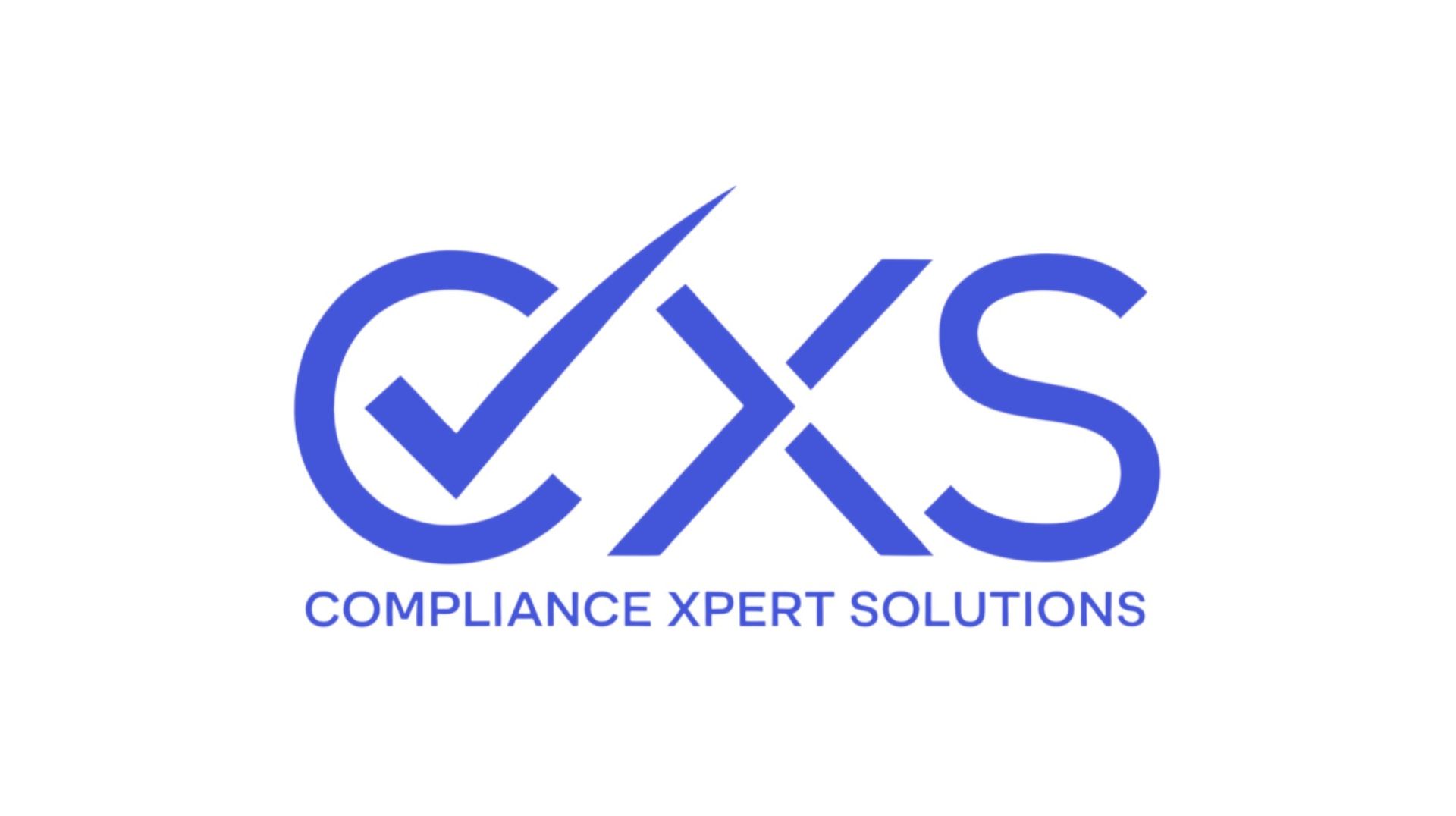Innovations in Quality Management Systems: Transforming Compliance Processes
Understanding Quality Management Systems
Quality Management Systems (QMS) have long been the backbone of ensuring consistent quality across industries. They provide a structured framework for organizations to follow, ensuring that their products and services meet customer expectations and comply with regulations. However, as industries evolve, so do the demands on these systems. Innovations in QMS are transforming how compliance processes are handled, making them more efficient and effective.
Traditionally, QMS focused on documentation, auditing, and corrective actions. While these elements remain crucial, the modern landscape demands a more dynamic approach. Emerging technologies and methodologies are paving the way for more agile and responsive systems that not only maintain compliance but also drive continuous improvement.

Integration of Digital Technologies
One of the most significant innovations in QMS is the integration of digital technologies. Tools such as cloud-based platforms, artificial intelligence (AI), and data analytics are revolutionizing the way quality management is approached. These technologies enable real-time data collection and analysis, providing insights that were previously unattainable.
Cloud-based platforms facilitate seamless communication and collaboration across different departments and locations. This connectivity ensures that quality standards are uniformly applied and easily monitored throughout the organization. AI-driven analytics can predict potential quality issues before they occur, allowing for proactive measures rather than reactive fixes.

Automation in Compliance Processes
Automation is another key area where innovations in QMS are making a significant impact. By automating routine compliance tasks, organizations can reduce human error and free up resources for more strategic activities. Automated systems can handle tasks such as document control, audit management, and corrective action tracking with precision and consistency.
The benefits of automation are manifold. It not only enhances efficiency but also ensures that compliance processes are consistently followed, reducing the risk of non-compliance. Organizations can focus on innovation and growth, knowing that their compliance processes are effectively managed by reliable automated systems.

Improving Risk Management
Innovations in QMS also extend to improving risk management strategies. Advanced risk management tools integrate with QMS to identify, assess, and mitigate risks more effectively. By leveraging data analytics, organizations can gain a comprehensive understanding of potential risks and develop robust strategies to address them.
Proactive risk management helps in anticipating issues before they escalate into significant problems, thereby safeguarding an organization’s reputation and financial health. Enhanced risk management capabilities ensure that companies are not only compliant but also resilient against unforeseen challenges.
Emphasis on Continuous Improvement
The evolution of QMS is also marked by an increased emphasis on continuous improvement. This philosophy encourages organizations to constantly evaluate and enhance their processes to achieve higher levels of quality and efficiency. Continuous improvement is driven by feedback loops enabled by digital tools, which provide valuable insights into performance metrics.
Organizations are now more focused on creating a culture where quality is embedded into every aspect of their operations. By fostering an environment where employees are encouraged to contribute ideas for improvement, companies can harness collective knowledge to drive innovation and excellence.

The Future of Quality Management Systems
As we look to the future, it is clear that innovations in QMS will continue to transform compliance processes. The integration of emerging technologies will further enhance the capabilities of quality systems, making them more adaptive to the changing needs of industries. Organizations that embrace these innovations will be better positioned to achieve sustainable success.
The journey towards advanced QMS is ongoing, with continuous developments in technology providing new opportunities for optimization. By staying ahead of these trends and adopting cutting-edge solutions, organizations can ensure that their compliance processes not only meet regulatory requirements but also contribute to a competitive advantage.
